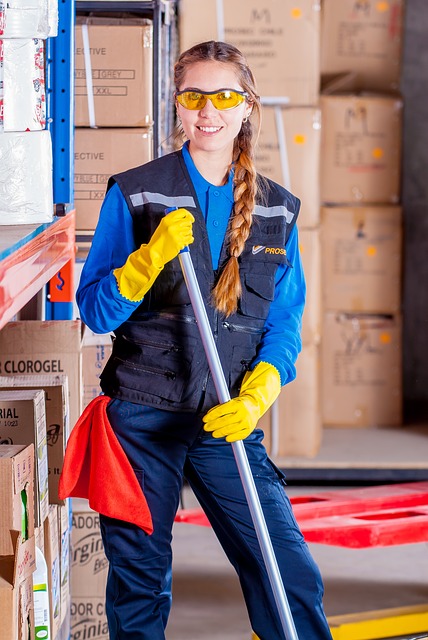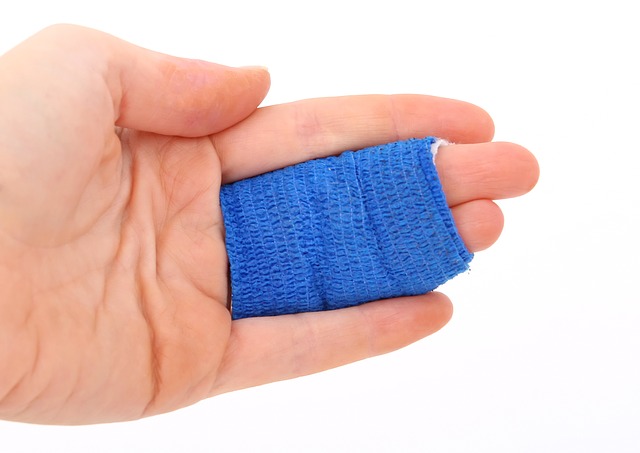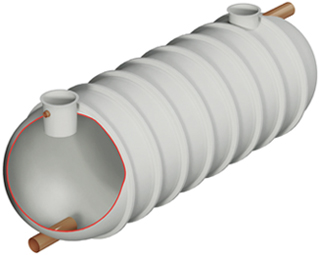Many people will think that dealing with sewage and wastewater is messy and dirty work, but fewer people consider it as dangerous. The fact is, along with being dirty, sewage can harbour dangerous bacteria which can cause illnesses, infections and disease if proper care isn’t taken. Thankfully, by taking a few precautions, you can avoid all these negative effects and, when necessary, deal with sewage safely.
Wear sufficient protective clothing

Keeping yourself well covered is a very important step when dealing with sewage. Protective clothing will form a barrier between you and the sewage, ensuring that there is no direct contact which can, in turn, reduce the likelihood of contact with harmful bacteria.
When working with sewage you should aim to keep yourself covered from head to toe. Protective clothing should include: rubber gloves, waterproof boots or wellies, safety goggles and/or a face visor, long sleeved top, thick trousers and a waterproof layer such as waterproof trousers and a rain poncho.
Cover cuts

Cuts and scrapes are vulnerable to infection since it’s a break in your skin. You should, therefore, pay particular attention to keeping these covered if you’re going to be cleaning sewage. Bandage up cuts, scrapes and the like even if they are covered by a protective layer of clothing, just to be safe.
Keep others away
Ideally, you will want to keep the sewage affected area fenced off or out of bounds. If you have young children or pets around, it will be particularly important to keep them away. Only those who are sufficiently prepared should be allowed to come into contact with the sewage.
Wash hands thoroughly
This seems an obvious point, but you should take care to wash your hands thoroughly after every encounter with sewage. Even if you were wearing protective gloves, you should still give your hands a meticulous wash, using antibacterial soap and hot water.
Don’t eat and drink in area
Eating or drinking in the vicinity of a sewage cleanup site would be unpleasant enough, but it is also unsafe. Your food or drink could easily become contaminated by airborne particles or bacteria and which you would then ingest with the risk of becoming seriously ill. Quite simply, keep all food and drink well away. Furthermore, you shouldn’t smoke in the area either.
If indoors, ventilate the area
If you have been unfortunate enough to experience a sewage spill indoors, you should close off the affected area and open the windows, ventilating it as much as possible. Don’t use air conditioning to facilitate the process as sewage particles could be lifted into the system, contaminating it. Ventilating the area will help reduce the odour, reduce mould and fungus growth, and dissipate the potentially dangerous gases given off.
Disinfect thoroughly
Any items which were contaminated by sewage will have to either be thrown away, or thoroughly disinfected. The best option for cleaning sewage contaminated items is to scrub them with a mix of bleach and hot water – always wear rubber gloves to do this.
Dispose of contaminated items
As harsh as it may seem, if items have come into contact with sewage more than just a little, it is best to throw them away. Anything spongy where wastewater could be absorbed into the material should be disposed of without hesitation. The risk of contamination from affected items is not worth it.
Wildon UK are experts in sewage and wastewater systems, operating across the UK. Our highly trained, experienced engineers can install, maintain and repair a wide variety of sewage systems. Get in touch with our friendly team today with any enquiries.
Go back to








